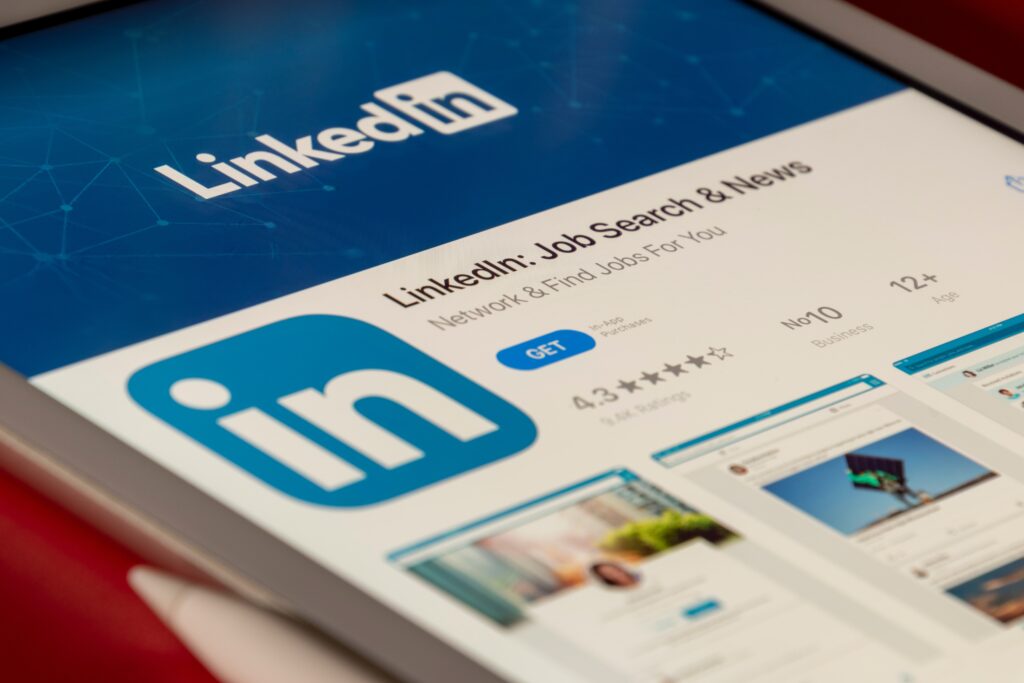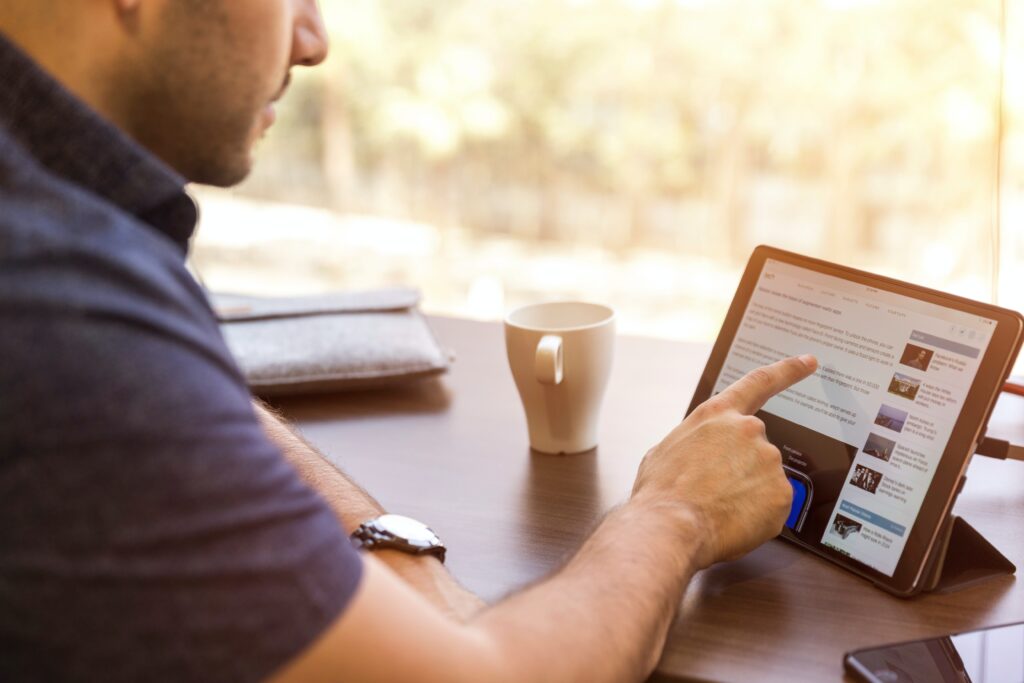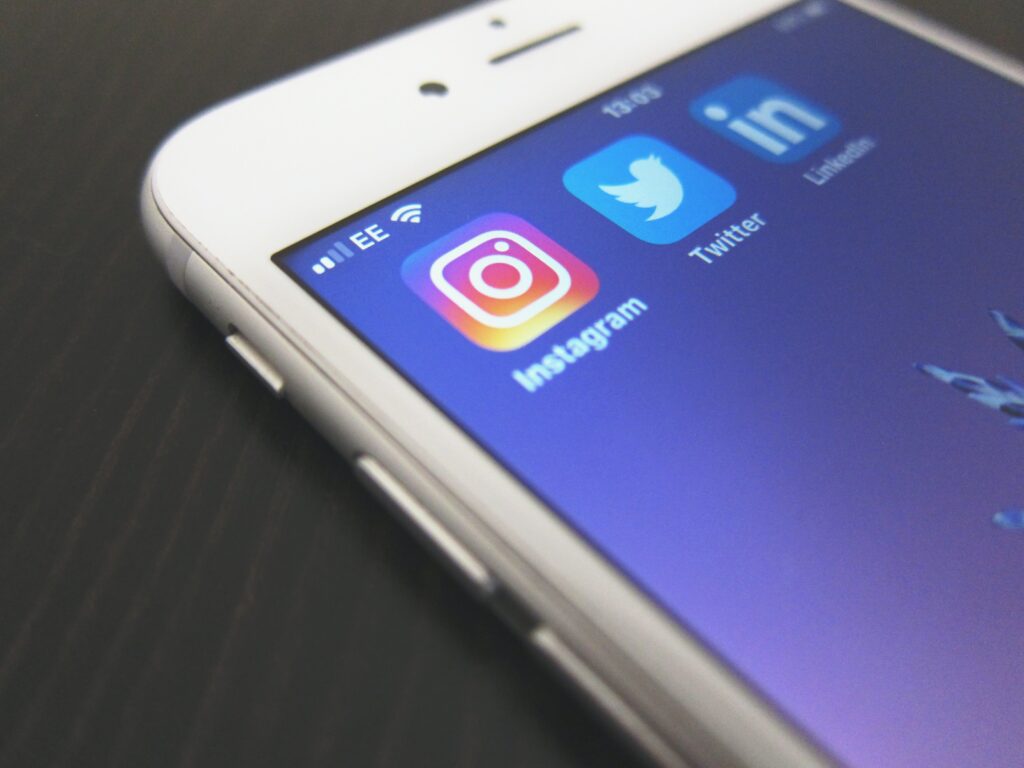LinkedIn is a great platform for growing your professional network, but it can also be exhausting.
Studies have shown that frequent use of LinkedIn is associated with increased depression and anxiety. This isn’t surprising since LinkedIn is ultimately a social media platform, and the latter’s negative effects on mental health are not new to anyone.
“LinkedIn really creates that anxiety, that fear of missing out,” says Janice Peh, a counsellor and behavioural health coach at Intellect. “Everyone is out there sharing the highlights of their career and you feel a need to post something. Otherwise, you’re forgotten and may not get picked up by customers or headhunters.”

Considering the prevalence of hustle culture and the premium placed on career success, LinkedIn might be even more anxiety-inducing than other social media platforms.
You see a connection whose startup had just been acquired for millions of dollars, successful entrepreneurs who “started in their parents’ basement”, and digital nomads who are working from the beach and leading your dream life. This bombardment of news can make you take a hard look at your own career only to see blanks.
Is the constant exposure to others’ career successes bringing you down? Janice shares tips on using LinkedIn with your mental wellbeing in mind.
1. See LinkedIn as another social media platform

And like any other social media platform, what you see isn’t the full story. Feeds are carefully curated to only show the glamorous side of things.
Some of the updates you see on LinkedIn might not even be real. You could have a C-Level executive who preaches work life balance, but demands their employees to work overtime.
When scrolling mindlessly, it’s difficult to separate fact from fiction. Everyone is putting up the highlight reels of their careers, but none of the behind-the-scenes bloopers. With professional lives at stake, the portrayal of perfection may be more normalised on LinkedIn than on Facebook and Instagram, and it’s important to take everything with a grain of salt.
Of course, that’s easier said than done.
“More often than not, people know this intellectually but don’t internalize it,” explained Janice. “A lot of that has got to do with self-awareness. In behavioural coaching and counselling, I support clients by helping them check up on how they’re feeling, why they’re feeling this way, and how to address these emotions.”
And that leads us to our next tip.
2. Examine your reaction to the platform

According to Janice, social media is a tool that “exacerbates the hollow need for validation.” So if LinkedIn makes you feel bad about yourself, stop and ask yourself why. How we relate to social media—whether we’re addicted to doom scrolling or chasing “likes”—can be indicative of deeply-rooted issues.
“When I was younger, I was a bit more insecure so I tended to post a lot of stuff on my Facebook just to show that I’m a cool person. With or without social media, I would still have been this insecure young person and I would have found other ways to perpetuate or ease my insecurities.” Janice said.
“But now, I’m so much more secure with myself that I don’t give a damn about what people say about me.”
Getting to the root cause of your anxiety gives you a clearer picture of how you can manage it. Are the achievements of others getting you down, or are you too burnt out to pursue your own goals? Do you feel like you’re lagging behind because others have found new jobs, or because you’ve felt stagnant at work for years now?
After examination, you may find that LinkedIn is merely a trigger and not the sole culprit of your anxiety. Looking inward can help channel your attention towards matters within your control.
3. Limit access and curate your feed

For most people, social media is optional—a nice way to connect with friends, family, or other professionals.
But for others, it is necessary for furthering their careers, building their personal brands, or even part of their daily roles and responsibilities. If that’s the case, there are ways to be more intentional with how you use it so that it doesn’t impact your mental health.
“One way is to set certain periods of time to be focused and targeted in using LinkedIn. You don’t need to be using LinkedIn 24/7,” Janice says.
“For individuals who want to better manage their time on the platform, you need to have a clear focus and be task-oriented, especially if you’re using LinkedIn for work. Once your task is completed, just let go. Resist the urge to start browsing. Setting the criteria for why you’re using social media, and being very diligent and disciplined about not straying away from your objectives, will help you manage your usage.”
You can also do other things, like removing the mobile app from your home screen to avoid idle surfing. Better yet, delete the app altogether but turn on email notifications for important updates like direct chat messages.
Alternatively, curate your feed with content that enriches you—like resources or thought leaders who resonate with you—and filter out posts that encourage self-comparison. If there’s a connection you don’t want to cut ties with but whose updates are not serving you, you can always “unfollow” that person.
4. Go cold turkey when needed

If LinkedIn is starting to affect your mental health, the best thing you can do is to go cold turkey if you have the option to.
“I usually recommend having no contact with social media for a period of time,” Janice advises. “Let’s just go one day at a time. After you clear that one-day milestone, maybe you can go two days, and so on. Then eventually you’ll be prepared to increase that to one week. Before you know it, your dependency on social media may eventually decline.”
According to Janice, going cold turkey is the best way to recover one’s bearings because it separates them from the cause of their depression or anxiety. Of course, you don’t necessarily have to boycott the platform for good. Taking time off lets you free up your headspace and engage with it more consciously when you return.
Taking it one step at a time
LinkedIn can be a valuable tool if used wisely, but it’s also okay to disengage if it’s not benefiting you. As with any social media platform, your interaction with it should be approached with mindfulness.
If scrolling through your news feed leaves you feeling overwhelmed, it’s crucial to take charge of your usage before it starts controlling you. And if you suspect that the source of your anxiety runs deeper, seeking support from a coach, counselor, or therapist can be beneficial.








